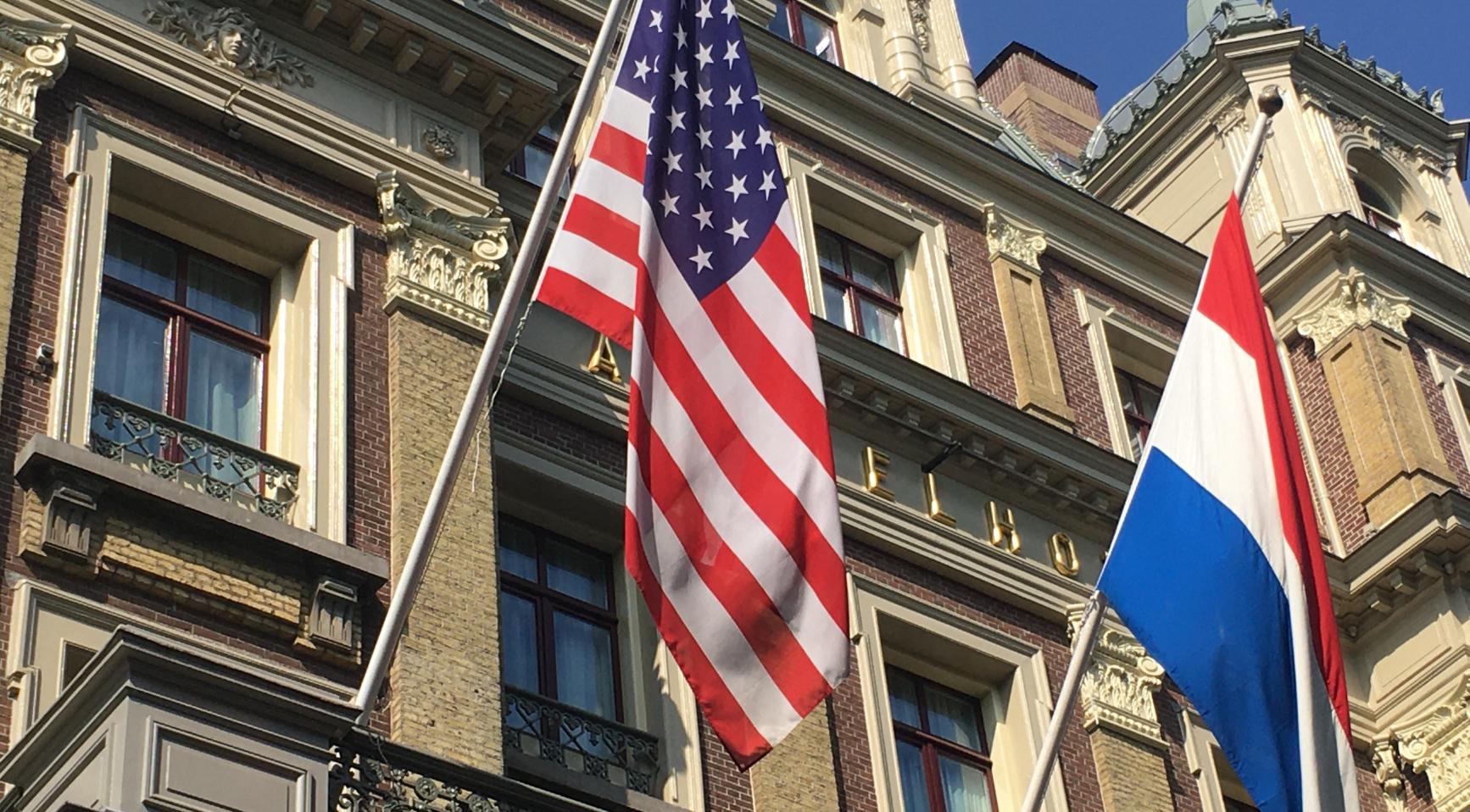Dutch companies are not yet withdrawing en masse from the United States due to import tariffs imposed by the U.S. President Donald Trump. Casper Roerade, policy advisor at the Dutch trade and logistics organization evofenedex, said the number of companies leaving the U.S. is “relatively small.”
According to him, it is mainly trading companies that are taking such steps. He knows of a wholesaler in the non-food sector that imports many goods from China and has divested a distribution center in the U.S. state of Georgia because the trade would otherwise be unprofitable. “In many cases, especially in manufacturing, companies continue their operations due to the size of the growth opportunities in the U.S. market.”
The tariffs are prompting companies to adjust their supply chains, evofenedex reports. About one in three companies that trade with the U.S. now import goods from another country or export them from the U.S. to a different market, the trade association estimates.
According to the policy advisor, companies are also increasingly focusing on other growth markets, particularly the Middle East and Southeast Asia.
Avek Haarlem, a manufacturer of technical springs for industries such as the automotive sector, decided after a “struggle” with American clients over paying the tariffs to focus mainly on the European market. In the end, the clients did agree to the payments, director Dennis Abels told ANP.
European exports to the U.S. increased in the first half of this year, according to figures from the European statistics office Eurostat cited by Roerade. Dutch logistics service provider Rotra, which operates an online platform for air and sea freight, saw “a brief spike” in bookings to the U.S. after the announcement of the most recent tariffs, a spokesperson said.
Many companies wanted to stay ahead of the announced import duties. Rotra, which handles tens of thousands of shipments each year, has not yet recorded a decline in shipments to the U.S. The country represents “a significant share” of all exports handled by the logistics provider, the spokesperson noted.
Rotra does note, however, that administrative processing and coordination with customs and other parties are taking longer, “often several hours to a maximum of one extra day.”
According to the spokesperson, this mainly affects machinery, semi-finished goods, and other industrial products where determining the origin can be complex. “When customs carries out additional checks, a shipment can be delayed by several days,” he said.

